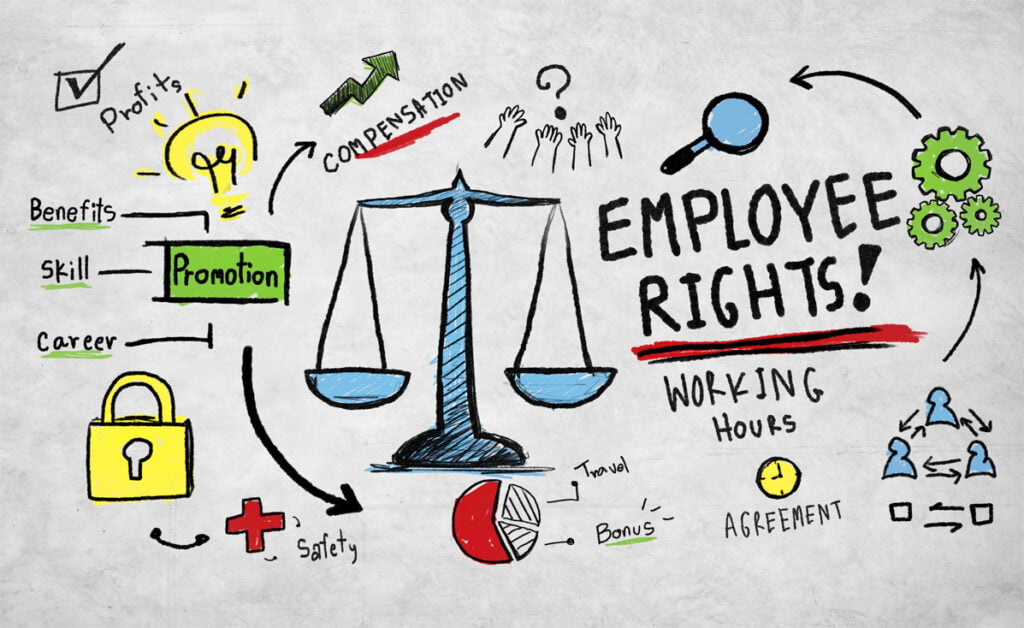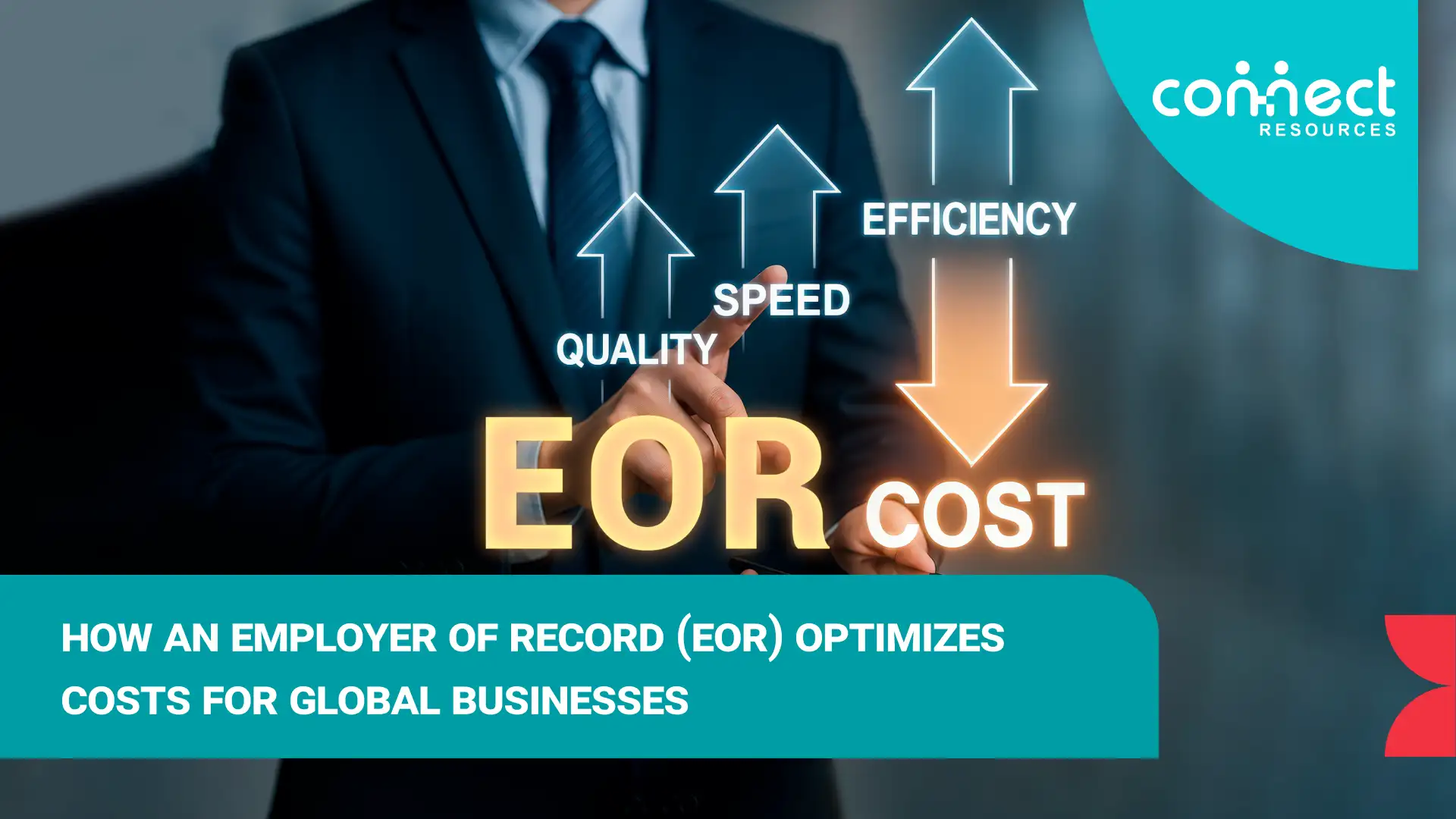Having a business in the UAE, it’s an excellent opportunity for getting excellent revenue, but it’s not so simple as people may think. Employers have to face many challenges, as it happens in any place, but there are unique challenges in this place that causes employment issues in the United Arab Emirates.
Since the UAE is a country where the workforce is transient and multi-cultured, companies have to follow several laws so they can continue their operations. If the business fails to comply with what’s stated in the regulations, then they may face some troubles with the law.
In this article, you’re going to learn everything about the issues that employers face in the UAE when it comes to hiring workers for their businesses. Let’s observe:
- Everything you need to know about the employment issues in the United Arab Emirates
- What are the challenges related to immigration?
- What is the applicable labor law?
- What are the challenges with Emiratisation?
- What are the laws related to dispute resolution?
- What are the issues with the employment contracts?
- What are the laws for moving jobs?
- What about the working hours?
- What are the laws related to employee benefits
- How can Connect Resources help you overcome the employment issues?
1. Everything you need to know about the employment issues in the United Arab Emirates
There is a list of employment laws that companies have to follow if they want to work in the UAE, so if you’d like to have a branch of your business in that country, or you’re considering moving your operations to this place, you have to be aware of everything you have to do to stay in compliance.
In this guide, you’re going to learn the most common rules you have to follow regarding your workforce.
1.1 Why do you need to be informed about the challenges for employers?
It’s important as an employer to know the employment issues in the United Arab Emirates to be prepared to have a business that follows the law. If you’re considering starting operations in the UAE, then you need to have enough knowledge about this so you can have all your processes ready to hire your employees.
Following all of these regulations may be challenging, especially if you’re a business that’s starting, so if you need extra help, you can trust in the Visa and Government services offered by Connect Resources to hire your employees without worrying about the paperwork and compliance.
2. What are the challenges related to immigration?

One of the employment issues in the United Arab Emirates that employers face is immigration because if a company wants to hire employees, it’s necessary to follow some steps.
What are the regulations that you have to follow regarding immigration? Let’s observe:
- All non-UAE nationals that you’d like to hire need to have a work permit and residency visa
- New businesses have to register with the Department of Naturalization and Residency and the Ministry of Labour
To obtain the documents for your employees, you have to follow a long process, which usually requires handling a lot of documentation. It’s crucial to comply with immigration procedures and requirements; otherwise, the employer and employee might face significant penalties.
If you’d like to have a more straightforward process, then you have to know the best recruitment strategies that will help you save resources in the UAE, so you can hire the workers that you need but without having to spend too much money and time.
3. What is the applicable labor law?
Knowing the applicable labor law, according to the place where your company is, it’s essential to avoid facing employment issues in the United Arab Emirates.
The Labor Law applicable to employees working in the UAE is for both UAE and non-UAE nationals, except for those working in the DIFC, which are governed by the employment law of the DIFC. In other Free Zones, they have their laws.
Additionally, some workers are exempted from the Labour Law, the domestic servants, those employed by the federal government, and members of the armed forces and police.
If you don’t have enough information about labor law, then one of the reasons why outsourcing could be the best solution is to help you understand everything related to compliance.
4. What are the challenges with Emiratisation?
)
The Emiratisation program is one of the employment issues in the United Arab Emirates that employers have to face since it’s one of the government’s laws to include Emiratis in the workforce.
- What is the Emiratisation?
It’s a program designed by the government in 2004 to encourage the employment of UAE nationals both in public and private companies. The purpose is that Emiratis benefits from economic growth and be part of the workforce.
4.1 What are the requirements for employers about the Emiratisation program?
- Employers should prioritize UAE nationals
- Employers can’t hire a non-UAE national if the Ministry has records about an unemployed Emirate that can do that work
- Companies should have a minimum of UAE nationals to continue operations
With Connect Resources, you will have the perfect ally for the Emiratisation process in the UAE since it has a team of experts readily available to assist you and to allow you to be compliant with the laws.
5. What are the laws related to dispute resolution?
It’s highly essential to know how to solve the disputes that may arise in the workplace so that you can avoid employment issues in the United Arab Emirates.
What is the process for dispute resolution? Let’s observe:
- A written application must be submitted to the MOL stating the summary of facts, calculations, and copies of the contract and labor card.
- The MOL will summon the employer and employee
- Both have to state their cases at the labor office at MOL
- The MOL will make a recommendation to solve the issue
- The resolution has to be applied within two weeks from its date
If the MOL’s recommended resolution fails to be settled by one of the parties, then the matter will have to refer to the Courts.
It’s necessary to know how to deal with disengaged employees before everything turns out into a dispute. These types of workers are usually those who don’t give their full potential and are prone to rebel against the company.
6. What are the issues with the employment contracts?
The employment contracts are part of the history of labor laws in the United States and the UAE because employees need to be clear about all the provisions they have to follow at work.
The non-UAE nationals require having a contract to enter into the country. According to the Labor Law, there are two types of contracts:
- Fixed-term contract: must be for a four-year term or less, and it can be renewed
- Open-ended contract: it’s terminable on notice
What is the information required in the contract? It needs to state salary, date, commencement date, nature, job description, term, and employment location.
It’s essential to know everything about the regulations related to employment contracts since you have to define it when you consider the temporary staff solution for your business since these types of workers are different than the permanent ones.
7. What are the laws for moving jobs?
Moving jobs is one of the employment issues in the United Arab Emirates that can be confusing because the regulations regarding this matter have changed in the past few years. As an employer, you need to be aware.
What does an employee have to do to transfer to a new job in the UAE? Some complex regulations apply, and the MOL can issue a ban on the employee depending. Let’s observe:
- The employee needs to terminate their work permit
- In case of limited contract: if the contract is terminated before its expiration, the MOL will ban the employee from working with another company for one year
- In the case of an unlimited contract: if the contract is terminated before the employee has one year of employment, the MOL will restrict the employee from working with another company for six months.
It’s important to know that the ban is not applied automatically if the contract is terminated by mutual consent or according to the contract terms. Additionally, some professions are exempted from this ban, and those are engineers, pharmacists, doctors, and hospital attendants.
8. What about the working hours?
The list of employment laws also deal with the working hours that every employer needs to face; let’s observe:
- Maximum working hours: 8 hours per day (2 hours reduced during Ramadan)
- Rest break: after 5 hours of consecutive work
- Overtime: must not exceed two hours per day (exceptions apply)
- Working on Friday: the employee must receive a day off or a 50% increase in salary. The employee can’t work two consecutive Fridays
Keep in mind that lower salaries are affecting workers in the UAE, and for this reason, many companies have decided to cut some hours. Still, it’s expected to last only until the Covid-19 pandemic is over, although some believe it will last for longer.
9. What are the laws related to employee benefits?
The employee benefits are part of the history of labor laws in the United States and the UAE. Employees always look for work in a company that allows them to earn a lot of benefits because this will allow them to have an excellent quality of life.
Let’s observe the laws that apply to employee benefits or entitlements:
- Vacation: 30 calendar day paid vacation. Employees can enjoy their vacation after being employed for one year.
- Public holidays: employees are entitled to public holidays declared to their sector
- Family Leave: 45 days of paid maternity leave. The woman has to complete one year of employment to receive full pay, but if it’s less than one year, then she will receive half pay. After the 45 days, the employee can choose to take 100 days more unpaid leave.
- Sick leave: During the probation period, employees aren’t entitled to receive paid sick leave. Employees that have finished the probation period are entitled to receive 15 days of full pay, and for the next 30 days, they’ll receive half pay.
- Repatriation: the employer should be responsible for the repatriation costs if the employee is dismissed to a place agreed with the worker or to the place of recruitment. If the employee begins to work with another company in the UAE, the employer will be responsible for repatriation costs once the employee has terminated employment.
- Health insurance: employers must provide health insurance to their employees.
- Wages protection system: employees are paid via the wages protection system
One of the benefits of selecting the perfect outsourcing company is that you’re not going to have to worry about your employees’ benefits because the agency will handle everything related to your outsourced workforce.
10. How can Connect Resources help you overcome the employment issues?

Once that you know all the challenges that you may face as an employer in the UAE, you may feel intimidated because it’s not easy to stay in compliance since you need to have an HR team that is always focused on keeping updated with the latest regulations.
For this reason, you need to trust Connect Resources to help you hire the employees that you need for your business. With the help of an outsourcing agency, you no longer have to worry about all the rules that you have to follow, you have to trust in them to help you find the candidates that you need, and they will handle the paperwork.
Would you like to contact Connect Resources for assistance in your career change? You can call at +971 433 166 88 or email contact@connectresources.ae, and you’ll talk to one of their representatives that will gladly answer all of your questions.







